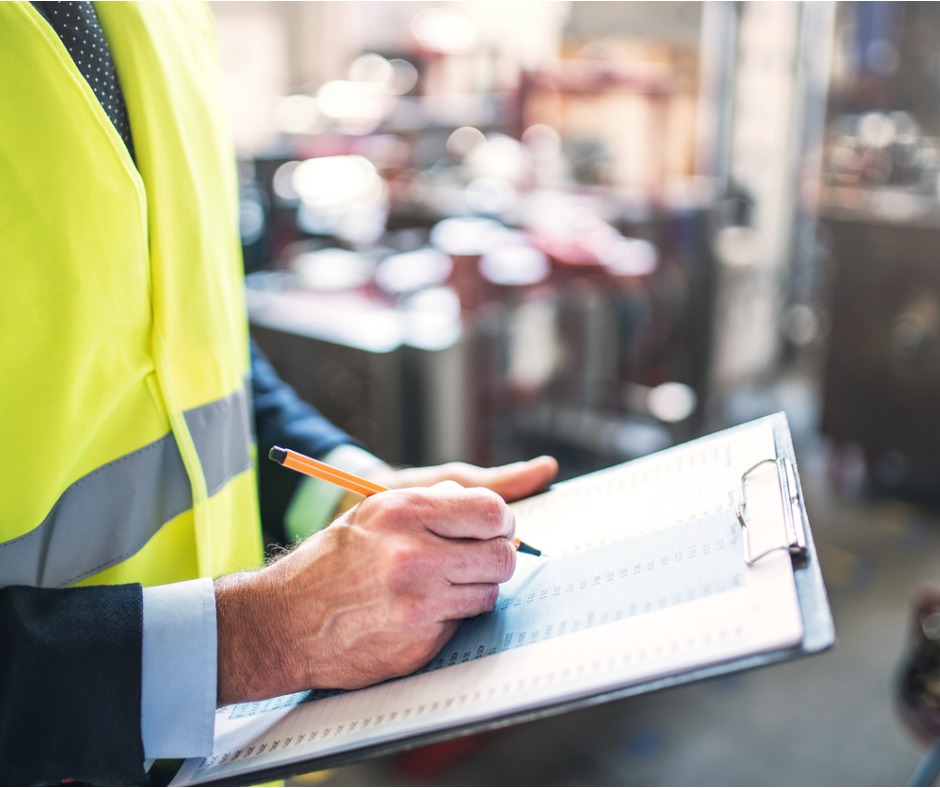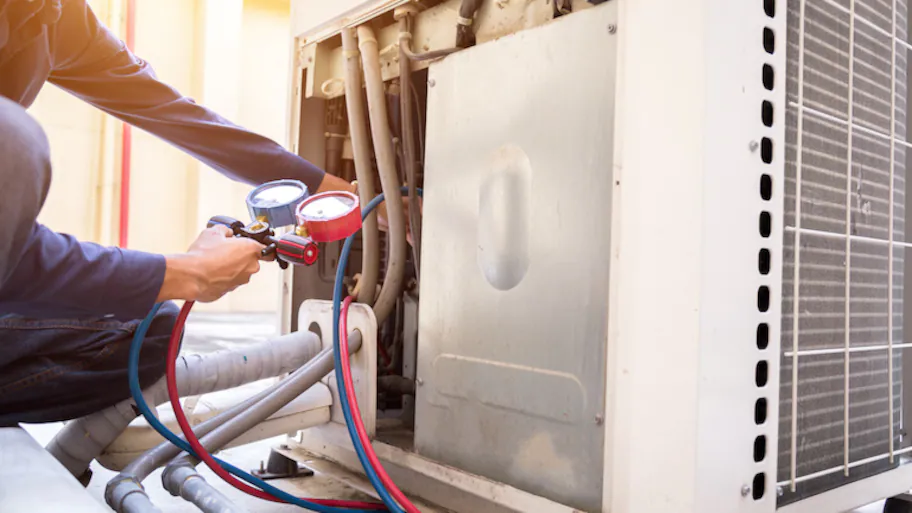As a commercial property owner, regular maintenance is not just about keeping the property functional and aesthetically pleasing – it’s also important for protecting your investment and avoiding costly repairs down the line.
The Difference Between Preventive and Reactive Maintenance
In the world of maintenance, there are two primary types: reactive and preventive. As the terms suggest, reactive maintenance describes a maintenance approach where you react to a breakdown and fix something once there’s an issue. Preventive maintenance, on the other hand, is where you work on something before the issue ever occurs.
“Reactive maintenance is appealing because it offers the maximum utilization and in turn maximum production output of the asset by using it to its limits. This strategy is only beneficial, however, up until the point where the asset fails,” Prometheus Group explains.
With reactive maintenance, you run into the possibility that fixing the equipment or asset after failure could actually cost more than the savings you thought you were getting by running it to failure.
Preventive maintenance, on the other hand, might be more expensive in the short-term – as you’re putting money into an asset that technically still performs its intended purpose – but there are long-term savings costs as you get a much longer useful life out of it.
For commercial property owners who are committed to owning their properties over the long haul, a preventive maintenance approach almost always makes more sense.
5 Helpful Preventive Maintenance Tips

There are literally a hundred or more preventive maintenance tasks you could perform for any given commercial property. However, in terms of delivering a high ROI, here are five of the most important.
Conduct Regular Roof Inspections
The roof is one of the most critical and vulnerable parts of your commercial property. Regular inspections are extremely important to catch and address potential issues before they escalate into expensive problems.
Look for signs of wear and tear such as cracked tiles, damaged flashing, or blocked gutters. These small issues can lead to significant water damage if not addressed right away. It’s recommended to have a professional roofing contractor inspect your roof at least twice a year and after major weather events like storms.
Keep Plumbing Systems in Check
Plumbing issues can quickly become major problems if they aren’t caught early. Regular checks can help you identify leaks, blockages, and wear in pipes that could lead to more severe damage.
Make it a habit to inspect all visible pipes and fixtures for signs of dampness or corrosion. You can also listen for unusual noises that might indicate hidden problems. Additionally, have a professional plumber conduct a thorough inspection at least once every year. This preventive step helps avoid water damage and mold growth, which are costly to remediate.
Maintain HVAC Systems

Your property’s heating, ventilation, and air conditioning (HVAC) systems are important for maintaining a comfortable environment and air quality. To prevent breakdowns and inefficiencies, regularly replace filters, clean ducts, and check for issues in the HVAC components.
Just like with roofing and plumbing, you should call out a professional at least once a year. The best time of year to call them out is right before peak usage seasons (like summer and winter). This will ensure that your systems are running efficiently and catch any potential issues before they require expensive repairs.
Inspect and Update Electrical Systems
Electrical systems are the backbone of your property’s functionality. To avoid safety hazards and ensure reliability, regular inspections are a must. Check for outdated wiring, overloaded circuits, and faulty equipment. It’s wise to hire a certified electrician to perform any checks or repairs of your property’s electrical system, as these are not safe DIY jobs. They can make sure that everything is up to code and running safely, which not only protects your property but also everyone who uses it.
Implement Seasonal Maintenance Practices
Different seasons bring different challenges for a commercial property. Make sure you’re preparing your property for each season ahead of time.
For example, before winter, make sure to check heating systems, insulate pipes to prevent freezing, and clear gutters and roofs of debris. Before summer, check the cooling systems, gutters, and any drainage systems you have in place. These seasonal checks can reduce the risk of weather-related damage and make sure that your property is prepared for whatever conditions it might face.
Set Yourself Up for Success
In the short term, an aggressive preventive maintenance strategy might seem like it’s eating away at your profits. However, the longer you stick with it, the more you’ll realize it’s actually providing a much healthier ROI over the life of your investment.
Stick with it and trust the process!

